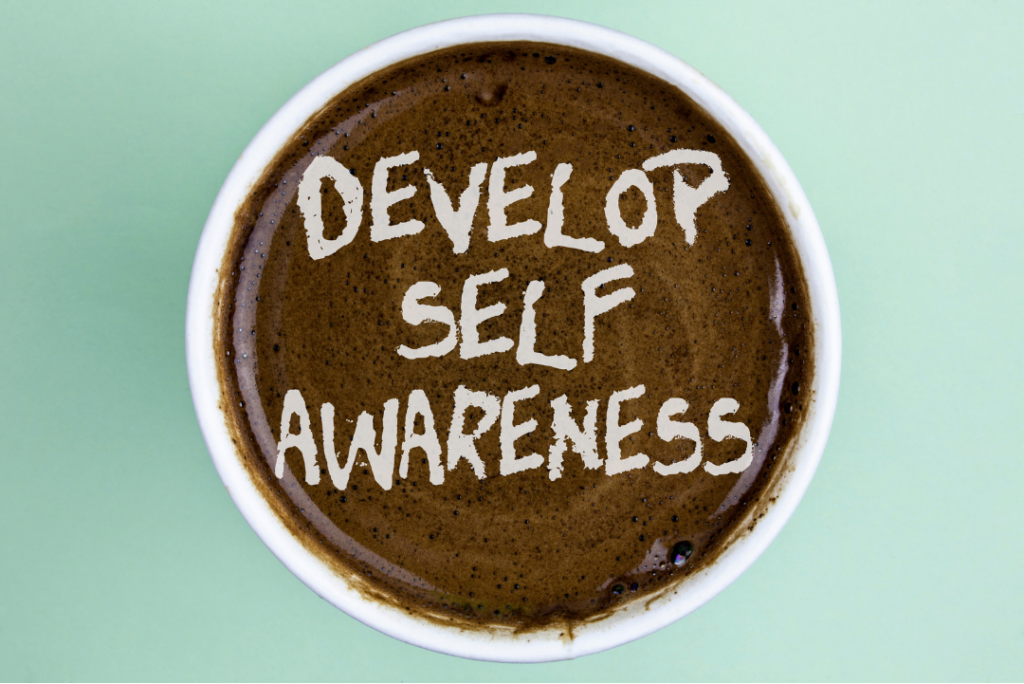The Role of Resistance in Leadership Growth
Leadership is often seen as a journey filled with triumphs, but the real growth happens in moments of resistance. Challenges, pushbacks, and failures are not roadblocks; they are stepping stones that shape resilient and innovative leaders. Resistance tests willpower, forces creativity, and drives leaders to discover solutions they never thought possible.
At CoachCoegi, we believe that resistance is not something to fear but an opportunity to embrace. By reframing challenges as catalysts for growth, leaders can unlock their true potential and inspire those around them.
Embracing Resistance as a Catalyst for Growth
Resistance, whether internal or external, often feels uncomfortable. It shows up as doubts, team disagreements, or unforeseen challenges. Yet, it is in these moments that leaders uncover their strengths and develop the grit to persevere.
Through performance coaching, leaders learn to recognize resistance not as a threat but as a powerful tool for self-improvement. This coaching approach focuses on building emotional resilience and fostering a growth mindset, enabling leaders to thrive under pressure.
Sparking Innovation Through Resistance

Some of the most groundbreaking ideas have emerged from resistance. When leaders face opposition, they are forced to think creatively, adapt quickly, and develop innovative solutions to overcome barriers. This process not only strengthens their problem-solving skills but also inspires their teams to push boundaries.
An entrepreneur business coach helps leaders navigate these moments by providing the tools to turn challenges into opportunities. By encouraging leaders to think outside the box, coaches enable them to develop strategies that drive success even in the face of adversity.
The Role of Mentorship in Navigating Resistance
Resistance often feels isolating, but leaders don’t have to face it alone. Mentorship plays a crucial role in helping leaders understand and overcome challenges. Experienced mentors provide guidance, share their own experiences with resistance, and offer insights that help leaders grow.
Programs like executive leadership mentoring equip leaders with the wisdom and support needed to tackle resistance with confidence. This mentorship not only helps leaders navigate immediate challenges but also prepares them for future ones.
Transforming Resistance into Opportunity
Resistance is not just about overcoming obstacles; it’s about using those obstacles to fuel growth and transformation. Leaders who approach resistance with an open mind and a willingness to learn can turn setbacks into opportunities for innovation and progress.
A leadership development program provides structured guidance to help leaders harness the power of resistance. These programs emphasize skill-building, adaptability, and strategic thinking, ensuring leaders are well-equipped to thrive in dynamic environments.
How CoachCoegi Turns Resistance into Growth

At CoachCoegi, we empower leaders to view resistance as a necessary and valuable part of their growth journey. Through our specialized programs like professional coaching, we help leaders develop the self-awareness and resilience needed to turn challenges into achievements.
Our tailored approach ensures that every leader can identify their unique strengths, confront their limitations, and build the confidence to lead boldly, even when faced with resistance.
Resistance and the Path to Self-Discovery

Leadership is as much about inner growth as it is about external success. Resistance provides leaders with the opportunity to reflect on their values, refine their vision, and align their actions with their goals.
Through transpersonal coaching, leaders can explore the deeper aspects of their psyche, uncovering the motivations and fears that influence their decisions. This holistic approach fosters personal and professional alignment, enabling leaders to grow from within and lead with authenticity.
Building Teams That Embrace Resistance
Leadership is not just about an individual’s growth, it’s about fostering a culture that thrives on resilience and adaptability. When leaders model how to face resistance with grace and innovation, they inspire their teams to do the same.
By investing in leadership professional development, organizations can equip their leaders with the skills to not only manage resistance but to transform it into a collective opportunity for growth and innovation.
Resistance: The Hidden Gift of Leadership
Resistance is not the enemy, it’s a gift. It challenges leaders to rise above, think creatively, and grow in ways they never imagined. By embracing resistance, leaders can unlock their true potential and inspire their teams to achieve extraordinary results.
If you’re ready to turn resistance into a springboard for growth, CoachCoegi is here to guide you. With our innovative coaching and mentoring programs, we’ll help you embrace challenges, refine your leadership, and make a lasting impact.






































